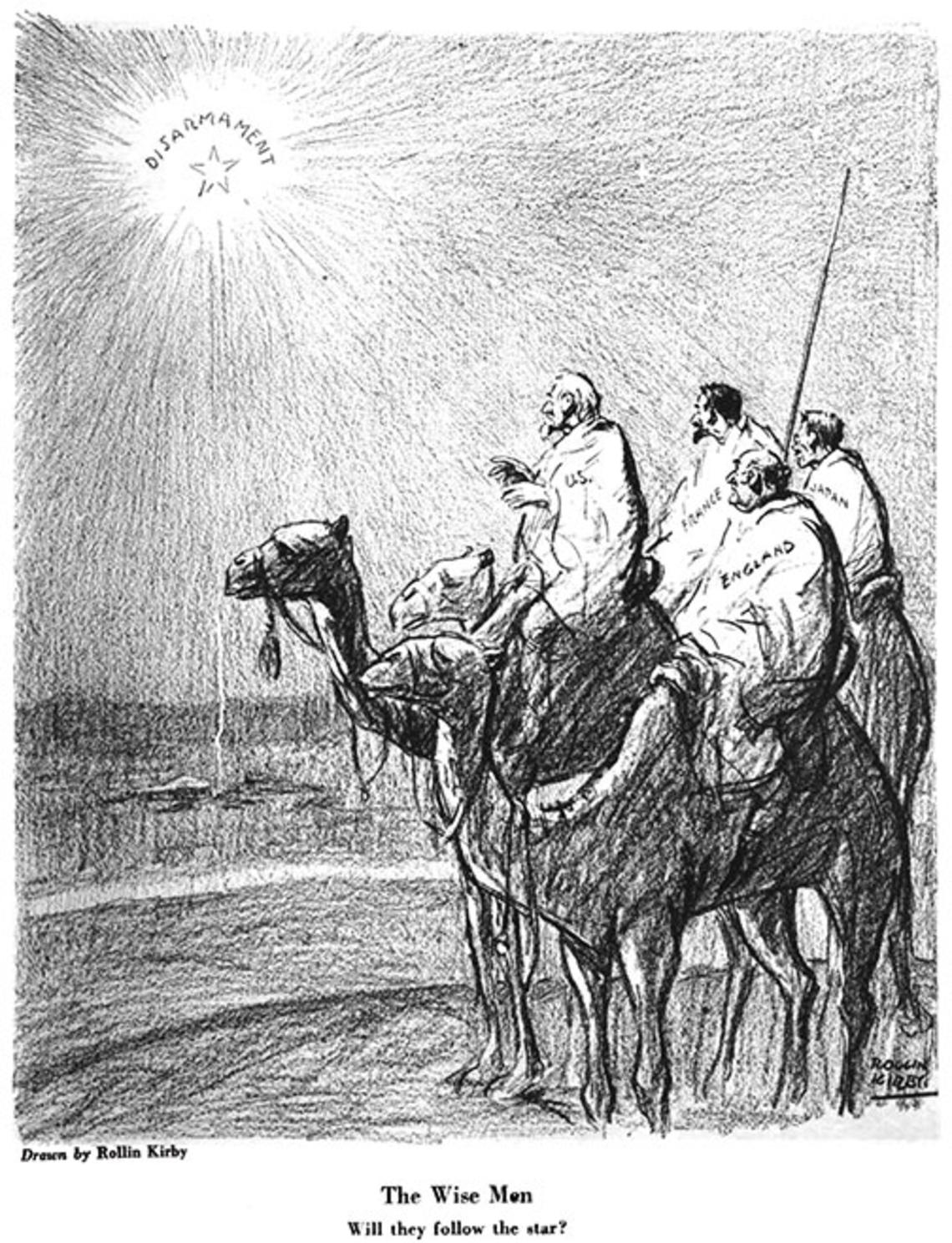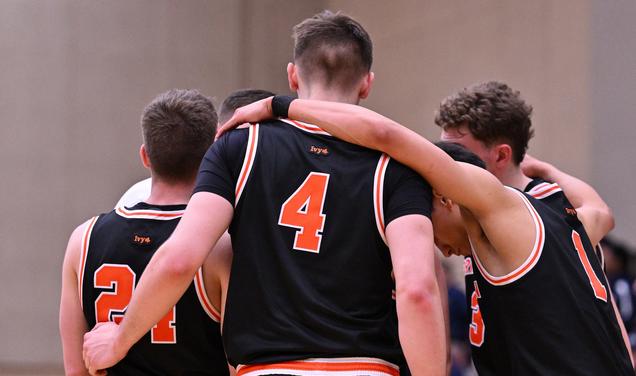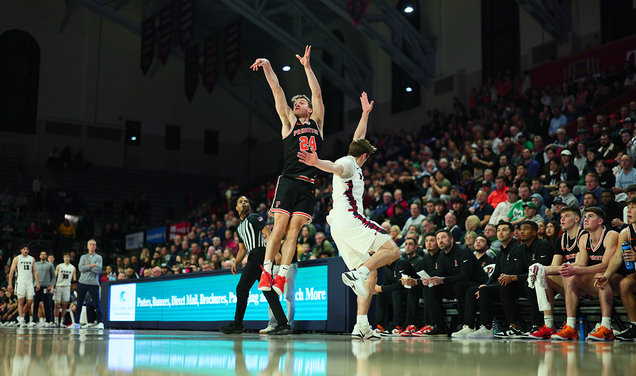
The First World War — optimistically called “the war to end war” — killed millions, including 152 Princetonians whose names are engraved on the marble walls of Nassau Hall’s Memorial Atrium.
The carnage bred a hunger for peace that found expression in institutions such as the League of Nations, movements such as the Women’s International League for Peace and Freedom, and treaties such as the Kellogg-Briand Pact of 1928, which sought to unite “the civilized nations of the world in a common renunciation of war.” Arms control was one means to this end, and in November 1921 President Warren G. Harding convened the Washington Naval Conference to curb an incipient arms race among the Great War’s victors.
Princeton students, mindful that their generation would “bear the brunt” of any future conflict, embraced this nine-nation gathering. As the editors of The Daily Princetonian put it, “We take it for granted that every sane person favors at least some degree of disarmament. And if any beneficial results whatever are to follow, the coming conference must succeed.”
Just 17 days before the Naval Conference, on Oct. 26, the students held an Intercollegiate Conference on the Limitation of Armaments, attracting delegates from 40 Eastern colleges and universities. Speeches were delivered, resolutions passed, and a committee formed “to carry on the agitation,” prompting President John G. Hibben 1882 *1893 to declare, “Not in my memory or, as far as I know, in the history of the University has there ever been a meeting of students with such far-reaching significance as this.” The delegates conveyed to Harding their “entire sympathy” with the purpose of the conference he had called, while Harding expressed his pleasure that “the college thought of the republic is being exercised helpfully to commit the sentiment of our country and the world to real achievements.”
The Washington Naval Conference did have real, if limited, effects, constraining for a time the pursuit of military might that would convulse the world again in 1939.
John Weeren is the founding director of Princeton Writes and a former assistant University archivist.









0 Responses